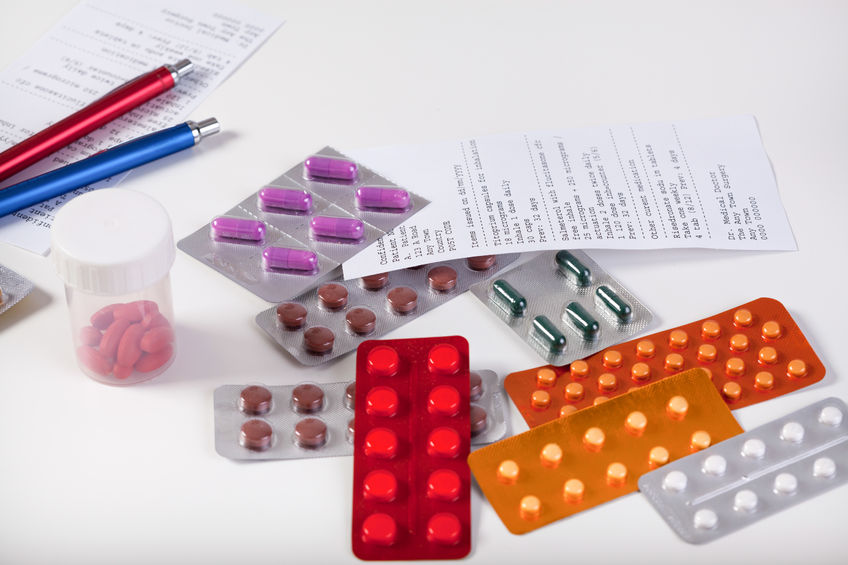Do you believe that it would be better to not find out what is wrong with the patients or to not change a medication because it is too hard on your staff?
Several months ago I got a call from the owner of a high-end skilled nursing community for whom we had just begun to provide physician services. He told me his staff did not want our physicians and nurse practitioners in their building every day because there were too many order changes.
So I asked him, “Do you believe that it would be better to not find out what is wrong with the patients or to not change a medication because it is too hard on your staff?” He thought a moment and said, “No, Scott, you have a point.” I explained to him the problem was not with the physicians, the issue was the pharmacy. So I shared with him our three strategies for forming a partnership with pharmacy. Here’s what they are.
Strategy 1: Have the pharmacy take orders from the physician’s practice and send them to your electronic MAR
Stop having your staff write down all of the orders and fax them to the pharmacy. Let the physician’s practice do it. That way the nurses do not have to write or type and then fax that information.
Strategy 2: Request that the pharmacy purchase an automated dispensing machine, which they locate in your building
The brand of automatic dispensing machines we use are called Talyst (they are not the same as Pixus machines). The Talyst machines hold up to 300,000 pills at a time. Here’s how the system works with the automated dispensing machine.
-
Your physician writes an order and electronically sends to the pharmacy.
-
The pharmacy sends it to your MAR and it goes directly to the automatic dispensing machine.
-
At med pass time the nurse goes to the automated dispensing machine, hits the button, and all the correct medications are dispensed into individual cellophane packages that are labeled and dated individually for each patient. The nurse walks down the hall and gives the medications to the patients and checks it off on the corrected electronic MAR.
No more bingo cards, no more totes, no more waiting on the meds to come in or running to the backup pharmacy to get them. You’ve just made a happy nurse and she couldn’t care less how many times medications are changed. The use of these machines also reduces med pass time from two hours to 35 minutes.
Strategy 3: Have the pharmacy stay open until 11:00 PM seven days a week
I recommend that because when patients come in later in the evening or on the weekends you want to make sure that your pharmacy is available and ready to supply their medications. With the automated dispensing machines you won’t have to wait another day to get the medication orders processed.
Part 1:Skilled Nursing – Who Are Your Partners?Part 2:Are Your Skilled Nursing Physicians Partners or Leaches?Part 3:Radical Therapy Partnerships
Part 4:Playing the Skilled Nursing Drug Game to WinPart 5:Still To ComePart 6:Still To Come |








